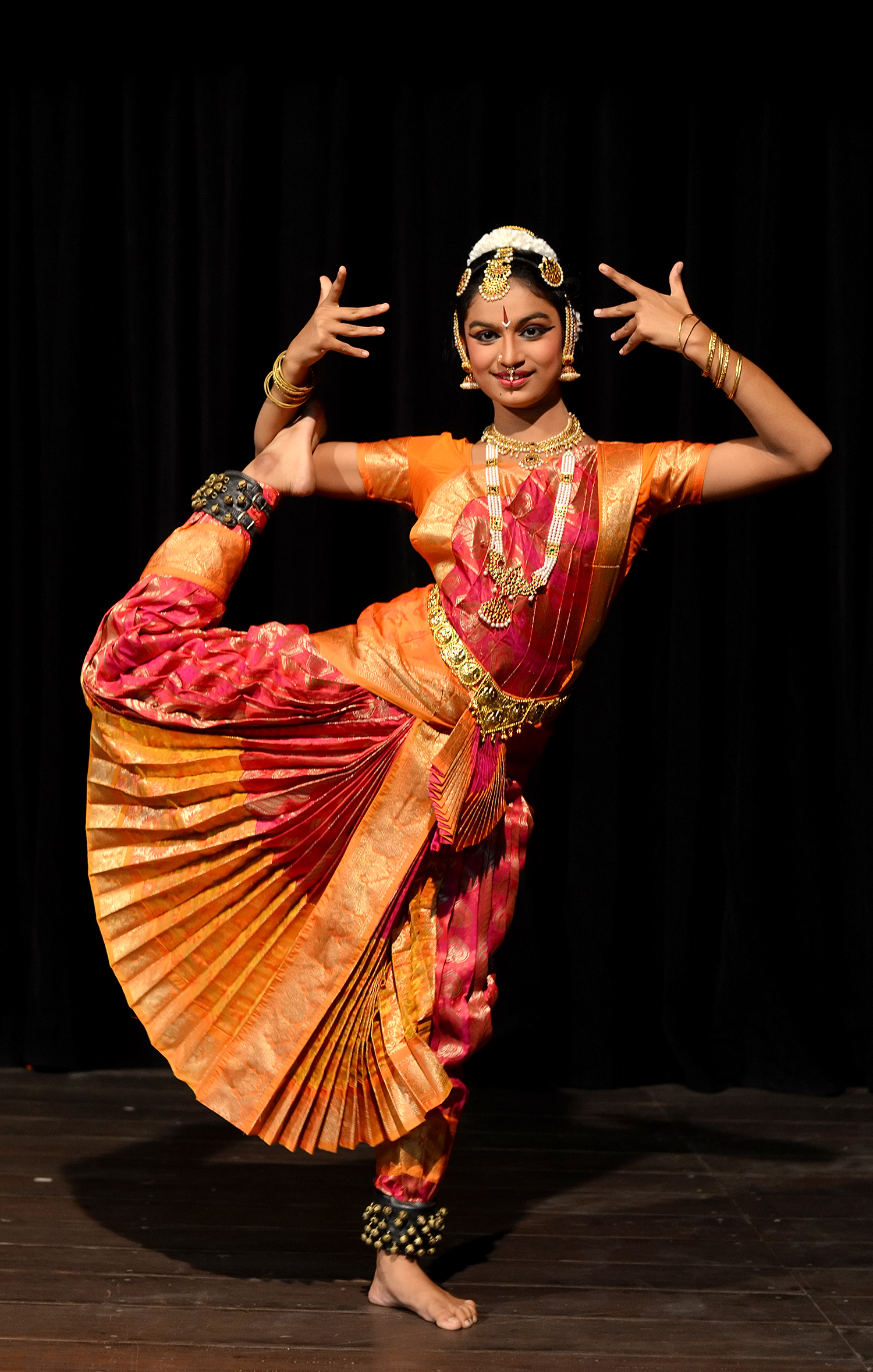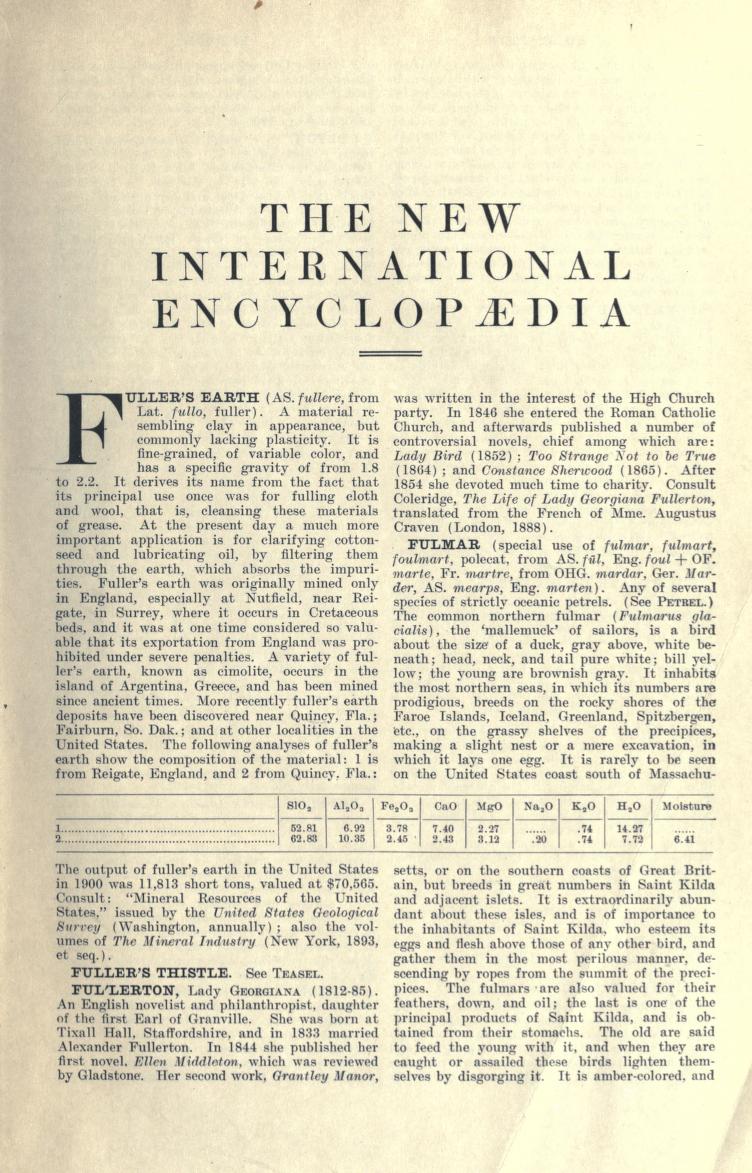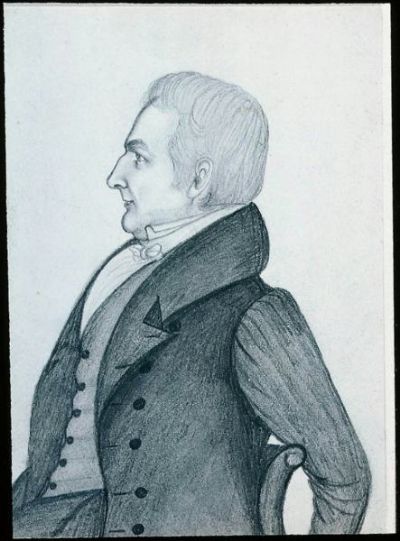|
Quadrivia
From the time of Plato through the Middle Ages, the ''quadrivium'' (plural: quadrivia) was a grouping of four subjects or arts—arithmetic, geometry, music, and astronomy—that formed a second curricular stage following preparatory work in the ''trivium'', consisting of grammar, logic, and rhetoric. Together, the '' trivium'' and the ''quadrivium'' comprised the seven liberal arts, and formed the basis of a liberal arts education in Western society until gradually displaced as a curricular structure by the ''studia humanitas'' and its later offshoots, beginning with Petrarch in the 14th century. The seven classical arts were considered "thinking skills" and were distinguished from practical arts, such as medicine and architecture. The ''quadrivium'', Latin for 'four ways', and its use for the four subjects have been attributed to Boethius—who likely coined the term. It was considered the foundation for the study of philosophy (sometimes called the "liberal art ''par excellen ... [...More Info...] [...Related Items...] OR: [Wikipedia] [Google] [Baidu] |
God The Geometer
In monotheistic thought, God is usually viewed as the supreme being, creator, and principal object of faith. Swinburne, R.G. "God" in Honderich, Ted. (ed)''The Oxford Companion to Philosophy'', Oxford University Press, 1995. God is typically conceived as being omnipotent, omniscient, omnipresent, and omnibenevolent, as well as having an eternal and necessary existence. God is often thought to be incorporeal, evoking transcendence or immanence. Some religions describe God without reference to gender, while others use terminology that is gender-specific and . God has been conceived as either personal or impersonal. In theism, God is the creator and sustainer of the universe, while in deism, God is the creator, but not the sustainer, of the universe. In pantheism, God is the universe itself, while in panentheism, the universe is part (but not the whole) of God. Atheism is an absence of belief in any God or deity, while agnosticism is the belief that the existence of God ... [...More Info...] [...Related Items...] OR: [Wikipedia] [Google] [Baidu] |
Latin
Latin (, or , ) is a classical language belonging to the Italic branch of the Indo-European languages. Latin was originally a dialect spoken in the lower Tiber area (then known as Latium) around present-day Rome, but through the power of the Roman Republic it became the dominant language in the Italian region and subsequently throughout the Roman Empire. Even after the fall of Western Rome, Latin remained the common language of international communication, science, scholarship and academia in Europe until well into the 18th century, when other regional vernaculars (including its own descendants, the Romance languages) supplanted it in common academic and political usage, and it eventually became a dead language in the modern linguistic definition. Latin is a highly inflected language, with three distinct genders (masculine, feminine, and neuter), six or seven noun cases (nominative, accusative, genitive, dative, ablative, and vocative), five declensions, four verb conjuga ... [...More Info...] [...Related Items...] OR: [Wikipedia] [Google] [Baidu] |
Performing Arts
The performing arts are arts such as music, dance, and drama which are performed for an audience. They are different from the visual arts, which are the use of paint, canvas or various materials to create physical or static art objects. Performing arts include a range of disciplines which are performed in front of a live audience, including theatre, music, and dance. Theatre, music, dance, object manipulation, and other kinds of performances are present in all human cultures. The history of music and dance date to pre-historic times whereas circus skills date to at least Ancient Egypt. Many performing arts are performed professionally. Performance can be in purpose-built buildings, such as theatres and opera houses, on open air stages at festivals, on stages in tents such as circuses or on the street. Live performances before an audience are a form of entertainment. The development of audio and video recording has allowed for private consumption of the performing arts. The pe ... [...More Info...] [...Related Items...] OR: [Wikipedia] [Google] [Baidu] |
The Arts
The arts are a very wide range of human practices of creative expression, storytelling and cultural participation. They encompass multiple diverse and plural modes of thinking, doing and being, in an extremely broad range of media. Both highly dynamic and a characteristically constant feature of human life, they have developed into innovative, stylized and sometimes intricate forms. This is often achieved through sustained and deliberate study, training and/or theorizing within a particular tradition, across generations and even between civilizations. The arts are a vehicle through which human beings cultivate distinct social, cultural and individual identities, while transmitting values, impressions, judgments, ideas, visions, spiritual meanings, patterns of life and experiences across time and space. Prominent examples of the arts include: * visual arts (including architecture, ceramics, drawing, filmmaking, painting, photography, and sculpting), * literary arts (in ... [...More Info...] [...Related Items...] OR: [Wikipedia] [Google] [Baidu] |
Social Science
Social science is one of the branches of science, devoted to the study of societies and the relationships among individuals within those societies. The term was formerly used to refer to the field of sociology, the original "science of society", established in the 19th century. In addition to sociology, it now encompasses a wide array of academic disciplines, including anthropology, archaeology, economics, human geography, linguistics, management science, communication science and political science. Positivist social scientists use methods resembling those of the natural sciences as tools for understanding society, and so define science in its stricter modern sense. Interpretivist social scientists, by contrast, may use social critique or symbolic interpretation rather than constructing empirically falsifiable theories, and thus treat science in its broader sense. In modern academic practice, researchers are often eclectic, using multiple methodologies (for instance, by ... [...More Info...] [...Related Items...] OR: [Wikipedia] [Google] [Baidu] |
Natural Science
Natural science is one of the branches of science concerned with the description, understanding and prediction of natural phenomena, based on empirical evidence from observation and experimentation. Mechanisms such as peer review and repeatability of findings are used to try to ensure the validity of scientific advances. Natural science can be divided into two main branches: life science and physical science. Life science is alternatively known as biology, and physical science is subdivided into branches: physics, chemistry, earth science, and astronomy. These branches of natural science may be further divided into more specialized branches (also known as fields). As empirical sciences, natural sciences use tools from the formal sciences, such as mathematics and logic, converting information about nature into measurements which can be explained as clear statements of the " laws of nature". Modern natural science succeeded more classical approaches to natural philosophy, usu ... [...More Info...] [...Related Items...] OR: [Wikipedia] [Google] [Baidu] |
Humanities
Humanities are academic disciplines that study aspects of human society and culture. In the Renaissance, the term contrasted with divinity and referred to what is now called classics, the main area of secular study in universities at the time. Today, the humanities are more frequently defined as any fields of study outside of professional training, mathematics, and the natural and social sciences. They use methods that are primarily critical, or speculative, and have a significant historical element—as distinguished from the mainly empirical approaches of the natural sciences;"Humanity" 2.b, ''Oxford English Dictionary'' 3rd Ed. (2003) yet, unlike the sciences, the humanities have no general history. The humanities include the studies of foreign languages, history, philosophy, language arts (literature, writing, oratory, rhetoric, poetry, etc.), performing arts ( theater, music, dance, etc.), and visual arts (painting, sculpture, photography, filmmaking, etc ... [...More Info...] [...Related Items...] OR: [Wikipedia] [Google] [Baidu] |
Renaissance
The Renaissance ( , ) , from , with the same meanings. is a period in European history marking the transition from the Middle Ages to modernity and covering the 15th and 16th centuries, characterized by an effort to revive and surpass ideas and achievements of classical antiquity. It occurred after the Crisis of the Late Middle Ages and was associated with great social change. In addition to the standard periodization, proponents of a "long Renaissance" may put its beginning in the 14th century and its end in the 17th century. The traditional view focuses more on the early modern aspects of the Renaissance and argues that it was a break from the past, but many historians today focus more on its medieval aspects and argue that it was an extension of the Middle Ages. However, the beginnings of the period – the early Renaissance of the 15th century and the Italian Proto-Renaissance from around 1250 or 1300 – overlap considerably with the Late Middle Ages, conventionally da ... [...More Info...] [...Related Items...] OR: [Wikipedia] [Google] [Baidu] |
Classical Antiquity
Classical antiquity (also the classical era, classical period or classical age) is the period of cultural history between the 8th century BC and the 5th century AD centred on the Mediterranean Sea, comprising the interlocking civilizations of ancient Greece and ancient Rome known as the Greco-Roman world. It is the period in which both Greek and Roman societies flourished and wielded huge influence throughout much of Europe, North Africa, and Western Asia. Conventionally, it is taken to begin with the earliest-recorded Epic Greek poetry of Homer (8th–7th-century BC), and continues through the emergence of Christianity (1st century AD) and the fall of the Western Roman Empire (5th-century AD). It ends with the decline of classical culture during late antiquity (250–750), a period overlapping with the Early Middle Ages (600–1000). Such a wide span of history and territory covers many disparate cultures and periods. ''Classical antiquity'' may also refer to an idealized v ... [...More Info...] [...Related Items...] OR: [Wikipedia] [Google] [Baidu] |
Theology
Theology is the systematic study of the nature of the divine and, more broadly, of religious belief. It is taught as an academic discipline, typically in universities and seminaries. It occupies itself with the unique content of analyzing the supernatural, but also deals with religious epistemology, asks and seeks to answer the question of revelation. Revelation pertains to the acceptance of God, gods, or deities, as not only transcendent or above the natural world, but also willing and able to interact with the natural world and, in particular, to reveal themselves to humankind. While theology has turned into a secular field , religious adherents still consider theology to be a discipline that helps them live and understand concepts such as life and love and that helps them lead lives of obedience to the deities they follow or worship. Theologians use various forms of analysis and argument ( experiential, philosophical, ethnographic, historical, and others) to help understa ... [...More Info...] [...Related Items...] OR: [Wikipedia] [Google] [Baidu] |
New International Encyclopedia
''The New International Encyclopedia'' was an American encyclopedia first published in 1902 by Dodd, Mead and Company. It descended from the ''International Cyclopaedia'' (1884) and was updated in 1906, 1914 and 1926. History ''The New International Encyclopedia'' was the successor of the ''International Cyclopaedia'' (1884). Initially, ''The International Cyclopaedia'' was largely a reprint of Alden's ''Library of Universal Knowledge'', which was a reprint of the British ''Chambers's Encyclopaedia''. The title was changed to ''The New International Encyclopedia'' in 1902, with editors Harry Thurston Peck, Daniel Coit Gilman, and Frank Moore Colby. The encyclopedia was popular and reprints were made in 1904, 1905, 1907 (corrected and expanded to 20 volumes), 1909 and 1911. The 2nd edition appeared from 1914 to 1917 in 24 volumes. With Peck and Gilman deceased, Colby was joined by a new editor, Talcott Williams. This edition was set up from new type and thoroughly revised. It ... [...More Info...] [...Related Items...] OR: [Wikipedia] [Google] [Baidu] |
Daniel Coit Gilman
Daniel Coit Gilman (; July 6, 1831 – October 13, 1908) was an American educator and academic. Gilman was instrumental in founding the Sheffield Scientific School at Yale College, and subsequently served as the second president of the University of California, Berkeley, as the first president of Johns Hopkins University, and as founding president of the Carnegie Institution. Eponymous halls at both Berkeley and Hopkins pay tribute to his service. He was also co-founder of the Russell Trust Association, which administers the business affairs of Yale's Skull and Bones society. Gilman served for twenty five years as president of Johns Hopkins; his inauguration in 1876 has been said to mark "the starting point of postgraduate education in the U.S." Biography Early years Born in Norwich, Connecticut, the son of Eliza (''née'' Coit) and mill owner William Charles Gilman, a descendant of Edward Gilman, one of the first settlers of Exeter, New Hampshire, of Thomas Dudley, Governor of ... [...More Info...] [...Related Items...] OR: [Wikipedia] [Google] [Baidu] |

_(cropped).jpg)









